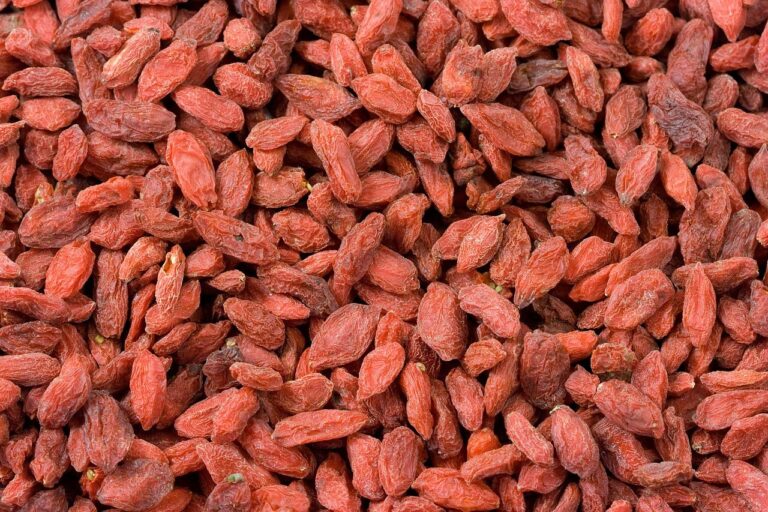The Role of Nutrition in Athletic Performance
Proper fueling is essential for athletes to optimize their performance and support their overall health. Ensuring adequate intake of carbohydrates, proteins, fats, vitamins, and minerals is crucial for maintaining energy levels, muscle function, and recovery. Without proper fueling, athletes may experience fatigue, decreased endurance, and increased risk of injuries.
Carbohydrates are the primary source of energy for athletes and should make up a significant portion of their diet. Consuming sufficient protein is also important for muscle repair and growth, while fats provide long-lasting energy and support various bodily functions. Additionally, vitamins and minerals play a key role in metabolism, immune function, and bone health, all of which are critical for athletic performance.
Common Nutritional Deficiencies in Athletes
It is not uncommon for athletes to experience certain nutritional deficiencies due to the increased physical demands placed on their bodies. One common deficiency seen in athletes is iron, which plays a crucial role in transporting oxygen throughout the body. Inadequate iron intake can lead to fatigue, poor performance, and decreased immune function. It is essential for athletes, especially female athletes and endurance athletes, to monitor their iron levels and consider supplementation if needed.
Another common nutritional deficiency in athletes is vitamin D, which is important for bone health, muscle function, and immune system support. Athletes who train predominantly indoors or in low sunlight conditions may be at higher risk for vitamin D deficiency. Symptoms of vitamin D deficiency can include muscle weakness, frequent illness, and impaired recovery from training. Athletes should ensure they are getting enough sun exposure and consider supplementation under the guidance of a healthcare provider.
Why is proper fueling important for athletes?
Proper fueling is important for athletes because it provides them with the energy they need to perform at their best during training and competitions. It also helps with recovery and overall health.
What are some common nutritional deficiencies in athletes?
Some common nutritional deficiencies in athletes include iron, vitamin D, calcium, and magnesium. These deficiencies can lead to decreased performance, increased risk of injury, and overall poor health.
How can athletes prevent nutritional deficiencies?
Athletes can prevent nutritional deficiencies by following a well-balanced diet that includes a variety of nutrient-dense foods. They can also consider taking supplements if needed, but it’s important to consult with a healthcare provider before starting any new supplement regimen.
Are there any specific dietary recommendations for athletes to prevent deficiencies?
Yes, athletes should focus on consuming plenty of fruits, vegetables, whole grains, lean proteins, and healthy fats. They should also stay hydrated and be mindful of their nutrient intake, especially during intense training periods.
What are the signs that an athlete may be experiencing a nutritional deficiency?
Some signs that an athlete may be experiencing a nutritional deficiency include fatigue, decreased performance, muscle cramps, frequent illnesses, and prolonged recovery times. If an athlete suspects they have a deficiency, they should consult with a healthcare provider for proper evaluation and treatment.





